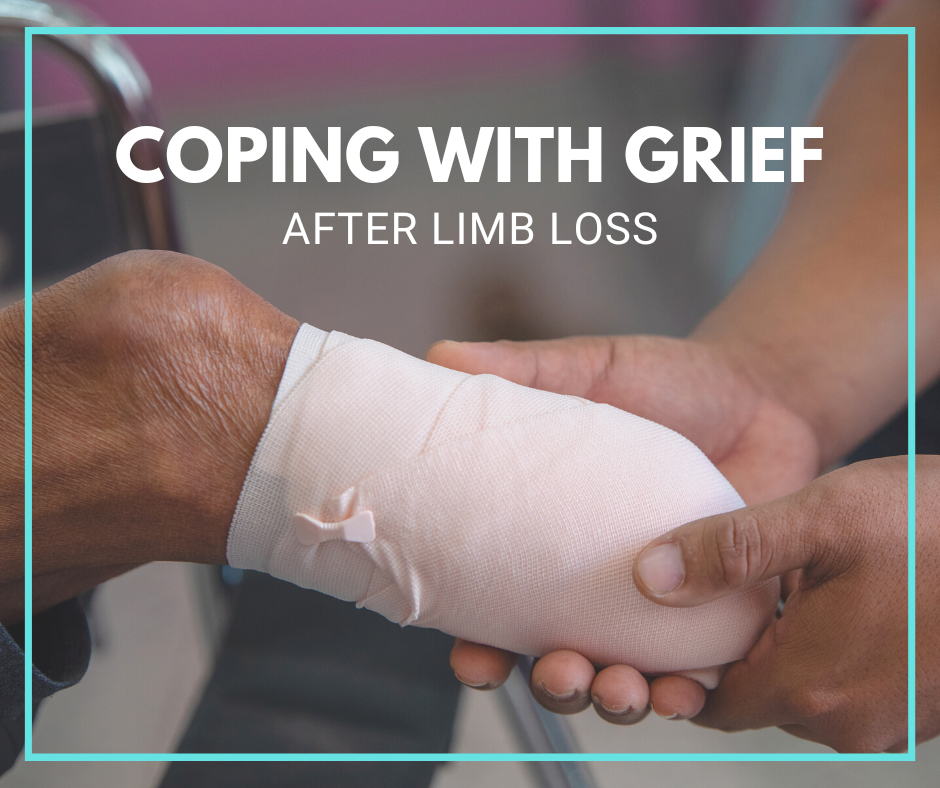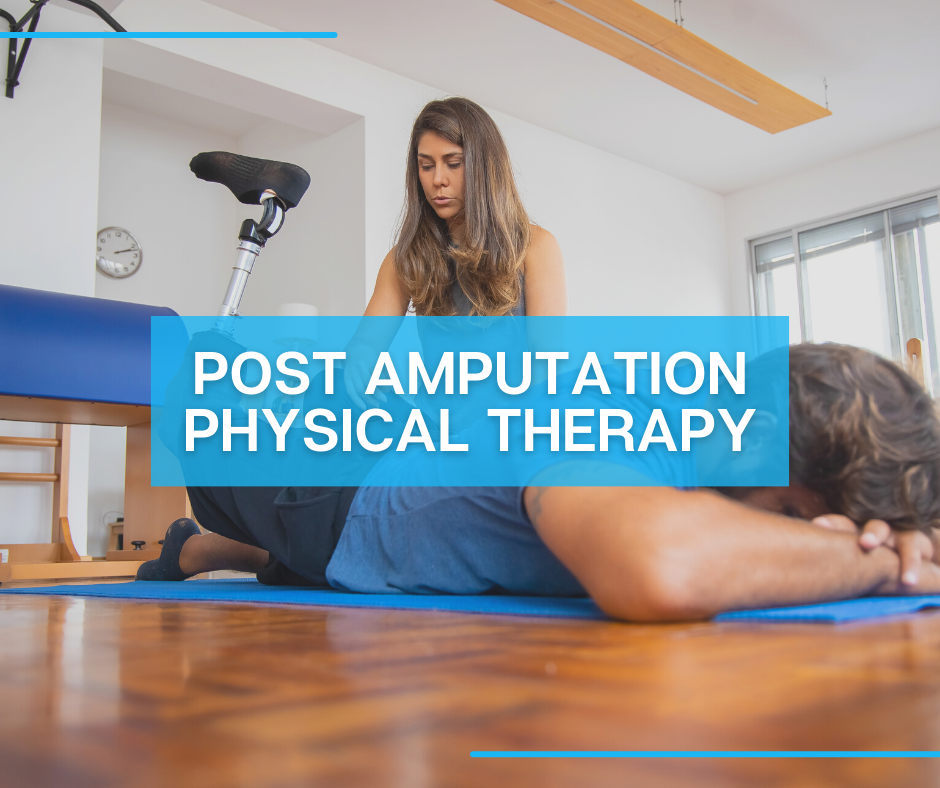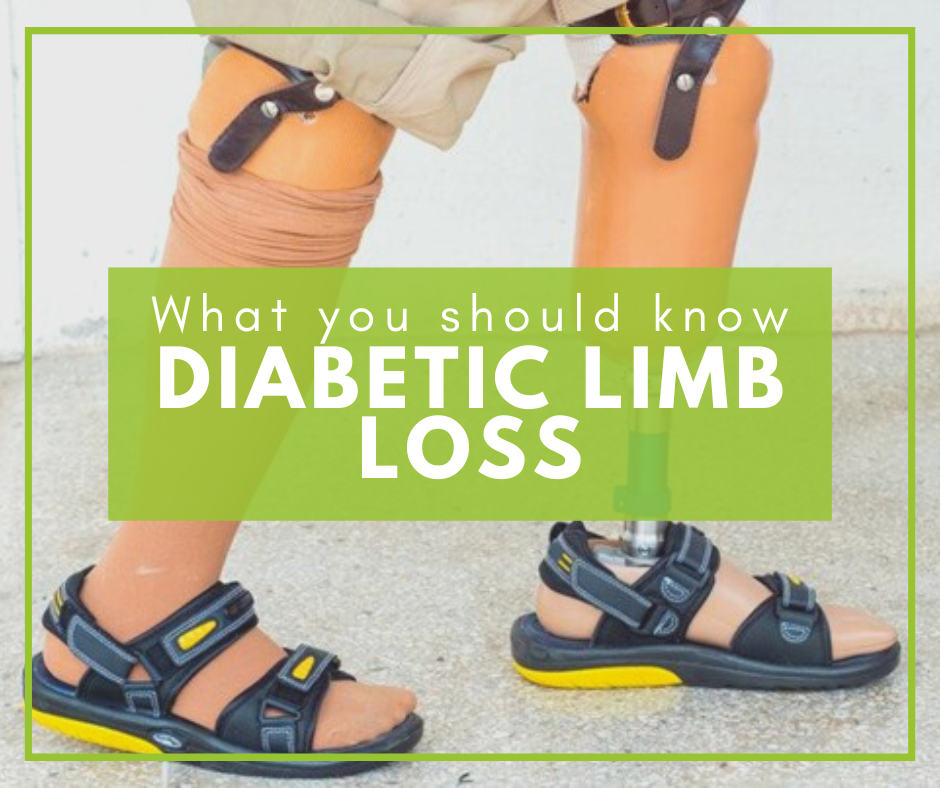

Grief is a difficult and complicated emotion to untangle, and it affects each person differently. For people who’ve experienced the loss of a limb, grief is a uniquely painful process that can be very isolating. While recovery usually implies returning to normal, recovery for an amputee is something different—it means either creating or adapting to a completely new normal.
The process of physical recovery is challenging enough, but limb loss comes with emotional and mental recovery as well. A new amputee will have to adjust and adapt to several new experiences, which is why it’s important to understand your journey and where you are in it. If you are a new amputee facing the loss of a limb, know that you are not alone. In the U.S. alone, there are nearly 2 million people facing limb loss, and this number is only estimated to grow in the future.
While there is no timetable for grief, there are still ways to go through the process as healthily as possible. In this guide, we’ll go through the challenges someone with limb loss may experience while healing, both physically and emotionally, and the steps they can take to move towards a more fulfilling future.
What to Expect
Becoming an amputee is never easy, and while it may not be a walk in the park, it is more than possible to live a happy and meaningful life. If you or someone you love has just experienced the loss of a limb, then you know that fear is a big part of what immediately follows. A good way to calm these fears, however, is simply to learn more about them.
Here’s what you can expect before, during, and after amputation.
1. Before Surgery
In the preoperative stage, you will probably spend a lot of time with your rehabilitation team who will work to prepare you for the surgery, and supply you with a rehabilitation plan for after. It is recommended that you choose a Prosthetist before your surgery, so they can help understand your needs and wants, and assist you as you adapt to your prosthetic limb.
2. During Surgery
Although you will be asleep during the surgery, some people find it comforting to know what is happening during it. The surgeon will ensure to leave as much healthy tissue as possible and will smooth out the remaining bone, which allows tissue and muscles to cover it.
3. After Surgery
For new amputees, this will probably be the hardest part. Your wound will be dressed, and you may have to wear compression socks. Your residual limb will also likely be elevated to help reduce swelling—which is vital during this time—and will also help when fitting a prosthetic limb later on.
You may be bedridden initially since you will have to keep your wound stable, but rehabilitation can typically begin within a few days post-surgery. In the beginning, you may only have to do gentle stretches to maintain your range of motion and prevent blood clots from forming.
4. Healing
Healing for an amputee is a lot more than just physical healing—it can take a long time to adjust to a new way of living, and it can take a lot to accept that you have to do it in the first place.
Apart from rehabilitation, you may also have to worry about the risk of complications and relearning how to do things that were once second nature. Even with a support system, it can be a difficult and lonely experience, which is why it’s important to learn about the different techniques and strategies you can use to cope.
How to Cope with Limb Loss
Recovery is an ongoing process that will present many challenges. These are some of the challenges most new amputees face on their journey to recovery, and how they can cope with them.
Adjusting to a New Life
Even if you lived a highly independent life before your amputation, you will have to be dependent on others, at least for a while. In time, you will learn how to perform your daily activities in a new way and slowly regain your independence.
Having to readjust to life can make people feel helpless and like they’ve lost control. It’s important at this moment for amputees to take stock of what they can and cannot do alone and communicate it to those around them. It is normal to face severe emotional turbulence at this point, but you don’t have to suffer alone.
Facing a New Body Image
The way we perceive ourselves and our bodies can have a huge impact on our self-worth. Especially in the case of the loss of a limb, it can represent feelings of being less than whole or losing functionality.
Remember to be kind to yourself, as much as you can. Focus on the positive aspects that are unrelated to your body image. Maybe even challenge yourself to do something new that you didn’t before.
Physical Recovery
Amputation can leave people with a lot of long and short-term physical effects. Even apart from the residual pain, you may even experience sensations of a phantom limb, which can make recovery even more difficult. Being in pain affects people physically, mentally, and emotionally—so, make sure to talk to your rehabilitation team if your pain is affecting you in ways you cannot handle.
Mental Recovery
It’s natural to feel lost and hopeless after going through something as life-changing as the amputation of a limb. Remember that it is okay to grieve what you have lost. In time, you may find that life isn’t hopeless after all. Prosthetics offer a lot of people a chance to live their lives as they want by reducing pain and depression, so they don’t have to worry about missing out.
Emotional Support for Amputees
The psychological effect of an amputation can wreak havoc on your emotions, with grief being one of the strongest. That is why it’s important to monitor your mental health after an amputation since many new amputees become susceptible to depression, anxiety, post-traumatic stress disorder (PTSD), and more. These feelings can be strongest in the months immediately following the amputation, but they can reduce in the years to come.
Negative thoughts will be common, and they can range from temporary sadness to suicidal ideation. If you are suffering from these feelings or any disorders it’s important to communicate with your rehabilitation team, so they can help you constructively deal with them.
If you are experiencing signs of depression, PTSD, or other mental disorders, reach out to those around you. Asking for help can be hard, but don’t let limb loss isolate you from those around you. Peer counselors, psychologists, family, and friends can help make a difficult journey less stressful. So, even if it’s hard, ask for help. Remember that you are more than the things that happen to you, and you deserve to live a happy and fulfilling life.
Steps to Manage Grief after Limb Loss
It takes time to process everything you experience before, during, and after an amputation. However, there are various positive strategies you can use to cope, including:
● Acknowledging your feelings. Some people might experience feelings of anger, denial, or depression while grieving their loss. It’s important to acknowledge these feelings and give them the space to be felt. You could even try writing or making art during this time, so you can express these feelings in a positive and healthy way.
● Reaching out. If your feelings start to get too overwhelming, or you find that they are getting worse instead of better, reach out to your rehabilitation team or mental health professional. The period right after an amputation is a vulnerable one, so remember to be kind to yourself and get the help you need.
● Trusting the process. Grieving is normal, but is still a highly personal process. Grief looks different for different people, so if you find that your journey isn’t going the way you want it to, that’s okay. You may find that the coping mechanisms for others don’t work for you, or that your process takes longer. All of this is completely normal. Your grief is yours—what works for you won’t work for others, and vice versa.
● Connecting with others. Although you might feel alone, you are actually one of 185,000 people who experience amputations every year, who are facing grief just as you are. Knowing that you aren’t alone can make a huge difference in how healthily you process your emotions. Find a support group where you can listen to others and express your own voice.
● Embracing optimism. Many amputees look for spiritual meaning after experiencing limb loss, while others don’t want an explanation, and instead want to settle into their new lives. There’s no right answer to how you should progress after an amputation, but having a positive attitude and focusing on the future can do wonders for your healing.
Coping with limb loss is challenging, but one of the ways you can recover faster is with a well-fitted prosthetic. At AOD Prosthetics and Orthotics, we pride ourselves on helping you achieve seamless rehabilitation. To learn more, contact us today.
Treatment & Planning for Tomorrow
AOD Prosthetics & Orthotics combines the highest technology available with the best patient care. Bilingual mobile prosthetic service in San Antonio. Serving amputees and improving their quality of life.

All Rights Reserved | AOD Prosthetics & Orthotics | San Antonio, TX


